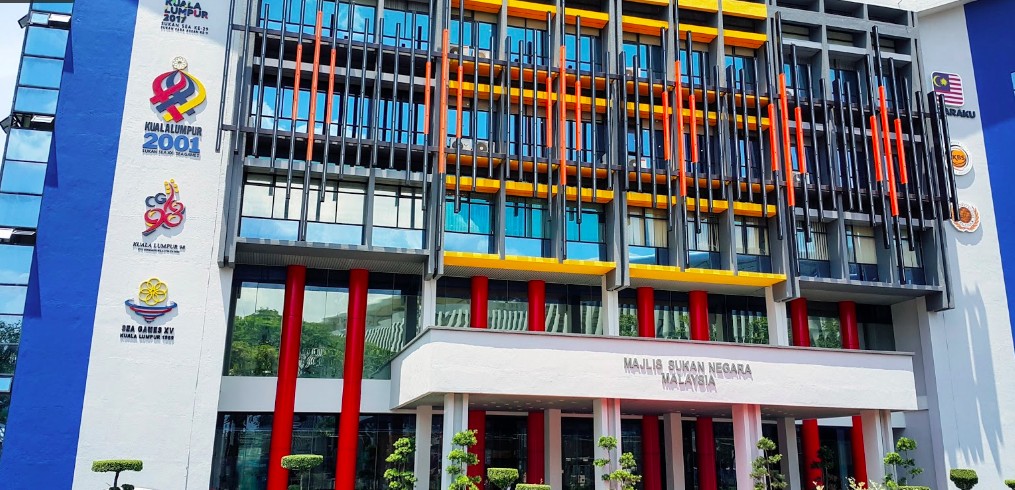In-Depth on Climate Change
People around the world are encouraging the world leaders to take action on climate change. How did it become such a critical phenomena? Nonetheless, with so many news and grey noise in the media, it's easy to get lost in the story. To help understand more regarding climate change we must first understand what it is.
Climate change refers to the average long-term changes over the entire Earth. These include warming temperatures and changes in precipitation, as well as the effects of Earth’s warming. The effects that could be caused includes rising sea levels, ice caps melting faster in Greenland and Antarctica, shrinking mountain glaciers and changes in flower blooming time. We'll get more into that later but to understand how it happened, take a look at the graph below
Source : NASA, Credit: NOAA
These are the levels of carbon dioxide in our atmosphere over hundreds of thousands of years. But the spike of carbon dioxide in the very end, that took during the industrial revolution. We started breaking CO2 records in 1950 and we haven't stopped since. Scientists say there's a 95% chance human activity is the cause of this. We've been burning more and more fossil fuel like oil and coal which release CO2 to power our homes, factories, and transportation. It could also lead from the number of humans since we have tripled our population since 1970. The consumption of more livestock animals which lead to more breeding also causes methane gas to be released in the air.
Source : TheSun
All those gases are released into the air, and when sunlight gets into the atmosphere, some of the heat gets trapped between all these gases and the planets get warmer, hence why it's called the greenhouse effect. The concern isn't that the earth is getting warmer, but how it had happened far too quickly.
Source: Youtube
Johan Rockstrom, Director at Potsdam Institute for Climate Impact Research stated "It's actually the warmest temperature on earth since the last ice age, 10,000 years ago.". The UN says that right now our world is about 1 degree hotter than the pre-industrial times. That was around the year 1800, which is okay. In fact, the UN says if we went by 1.5 degree by the end of the century we should be fine, the UN even says 2 degrees would probably be alright but the problem is speed. However, keeping global warming to within 1.5-2 degrees Celsius may be more difficult than previously assessed. We are tracked to hit 1.5 degrees in only 10 years. If we don't slow that warming down, it could mean catastrophe within our lifetime. We're already getting a taste of what's happening.
Sea levels are rising about 3 millimetres a year because seawater expands as temperature gets warmer. Melting ice sheets and glaciers add trillions of tons of freshwater into our ocean. People around the world are already losing their homes and if things carry on, millions more of us will have to pack up too. Entire coastal cities like Venice, Miami, Edinburgh, Dubai and many more could be underwater within 80 years. Entire island nations in the pacific completely disappear. Natural disasters becoming more intense and frequent with more devastating consequences. The dramatic impact of drought in different parts of the world is all creating a situation that is a real threat to us and we are not doing enough.
Source: Vox
Back in 2016, world leaders signed the 'Paris Agreement' which pledged to minimise the rising temperature by capping it by 1.5 degrees or a maximum of 2 before year 2100. Three years after the agreement, global CO2 levels are still going up. United States of America, one of the biggest polluters in the world have pulled out of the agreement. Russia and China are accused of not giving themselves an ambitious target in the first place. Turkey and Poland wants to build more power plants that use coal. Some countries on the other hand, some countries are making progress. India, Morocco and Gambia have massive renewable energy projects.
Climate change action is everyone's responsibilities. These includes governments, businesses, communities and individuals. The actions we can take to reduce our carbon footprint can help tackle this problem. Investing in green technologies wouldn't only reduce the releases of gases into the air but it can also reduce costs and create jobs. The risks and costs of inaction are too high to ignore.
"Climate and other global changes show us that we humans are impacting the Earth system at the global level. This means that we as a global community can also manage our relationship with the system to influence future planetary conditions. This study identifies some of the levers that can be used to do so," concludes co-author, Katherine Richardson from Center for Macro ecology, Evolution and Climate at the University of Copenhagen.
By Safwan Kasim







Comments
Post a Comment